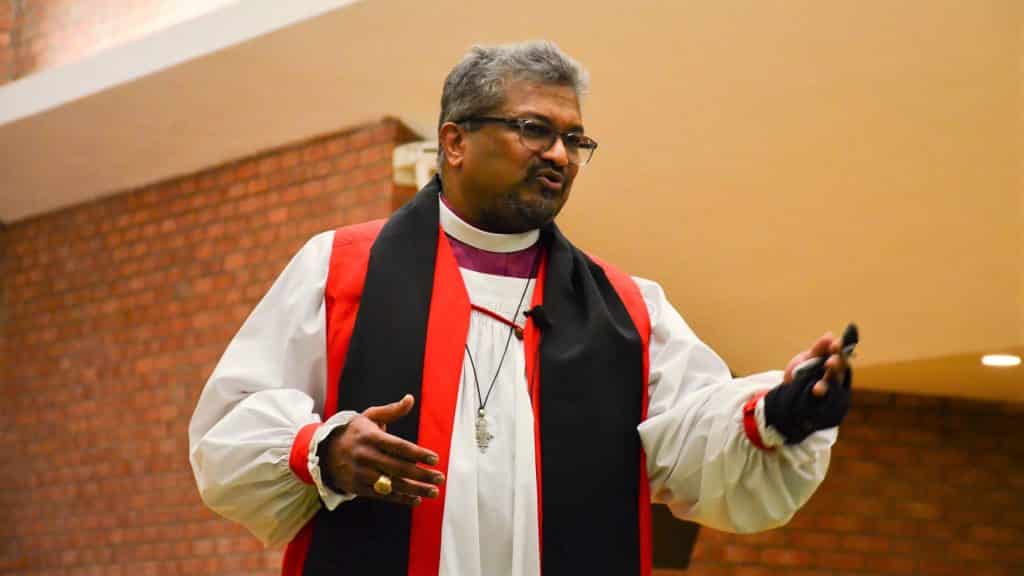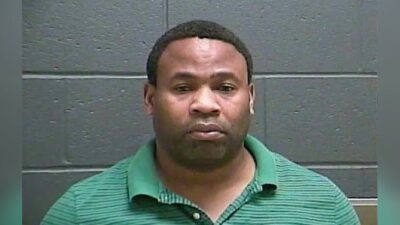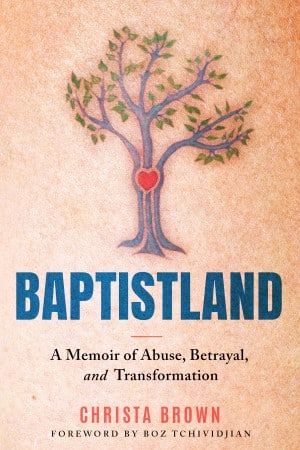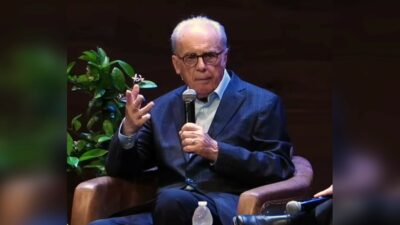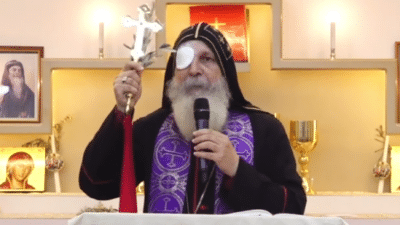Of the more than 300 pages of estatutos detailing the governance of the Episcopal Church, more than 70 are dedicated to the church’s sprawling protocol for responding to accusations of clergy misconduct.
But while no one could accuse the church of lacking a comprehensive policy, several recent high-profile cases of misconduct — many including bishops — have caused Episcopalians to call into question the effectiveness of the protocol, known as “Title IV.” Statements airing concerns from all strata of the denomination have prompted an official review of Title IV, and as momentum builds for revisions, abuse survivors and church officials alike are expressing opinions about what, if anything, ought to change.
The church dedicates an entire website to outlining Title IV’s confusing slates of roles, titles and panels but still fails to make the process feel accessible, say survivors. The process itself can feel less than humane.
“Yes, my abuser was eventually taken out of the position,” said one parishioner in the Diocese of Pennsylvania, who said she experienced grooming, sexual harassment and spiritually and psychologically abusive behavior at the hands of her priest. “But what I had to go through to get there was so horrible that I don’t know if it was worth it.”
In August, Julia Ayala Harris, president of the denomination’s House of Deputies and the second-highest-ranking officer of the church, became so exasperated by what she endured after making a sexual harassment complaint that she wrote a letra to her fellow deputies, making her allegations public and vowing to improve the system.
Your tax-deductible gift helps our journalists report the truth and hold Christian leaders and organizations accountable. Give a gift of $30 or more to The Roys Report this month, and you will receive a copy of “Baptistland: A Memoir of Abuse, Betrayal, and Transformation” by Christa Brown. To donate, haga clic aquí.
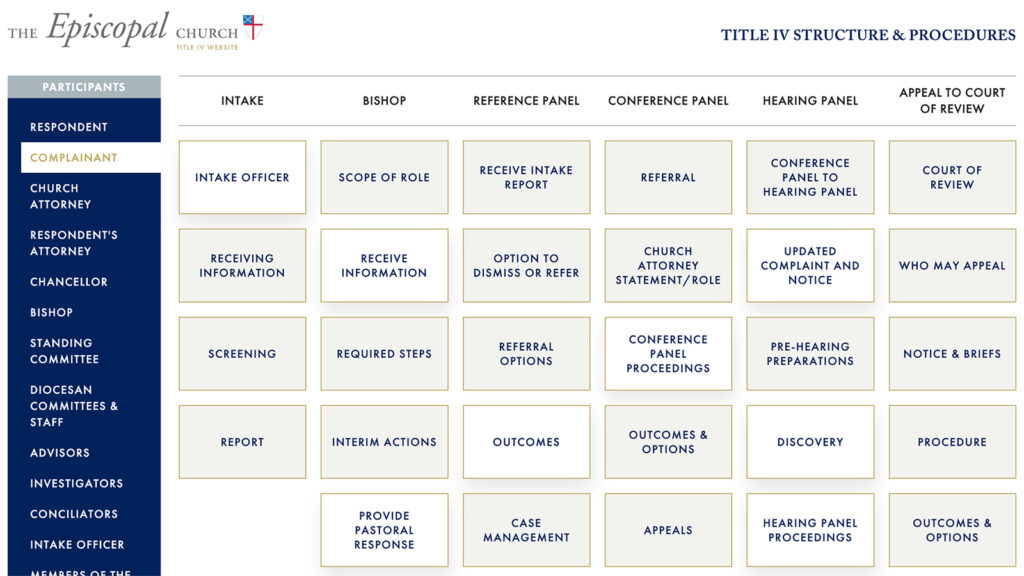
After the sons of Bishop Prince Singh of the Dioceses of Eastern and Western Michigan reported in December of 2022 that the bishop had physically and emotionally abused them and their mother, it took six months for the church to open a Title IV inquiry, and two more months before Singh was placed on leave. Their experience led them to request that outside experts lead the investigation, which church leaders have not granted.
“Title IV as it stands is not a trauma-informed or survivor-centered process and lends itself to retraumatizing survivors and to protecting offenders,” Nivedhan and Eklan Singh and their mother, Roja Suganthy-Singh, said in a September statement to media.
That week, Curry, in replying to a letter from 55 Episcopal bishops saying they were “angered by and deeply concerned about the perception — or the reality — that bishops get a free pass on behavioral issues,” instructed the church’s Standing Commission on Structure, Governance, Constitution and Canons, a body of 10 laity, five clergy and five bishops, to review Title IV and recommend changes to the General Convention, the denomination’s governing body.

Any changes they recommend, however, will have to pass at least two General Convention meetings, which occur only every three years.
The woman in the diocese of Pennsylvania, who asked to remain anonymous for fear of backlash, found Title IV disorienting from the outset. Bishop Daniel G.P. Gutiérrez, of the Diocese of Pennsylvania, learned of her alleged abuse and filed a Title IV complaint, but rather than being designated a complainant, the parishioner, who also worked as an assistant to her alleged abuser, was instead called an “injured person,” a less central role.
No one explained to the woman that an injured person was not entitled to an advisor — a Title IV expert who helps complainants and respondents navigate the process. (Gutiérrez did not respond to request for comment in time for publication.)
The investigator assigned to examine the facts of the reported abuse was also the elected diocesan attorney, meaning she would represent the church (as opposed to the accused clergy member) if the Title IV process resulted in proceedings. In addition, the alleged abuser was never put on leave.
The parishioner’s initial interaction with the investigator, the parishioner said, was off-putting. “She asked me to consider how my hurts could color my response, and to acknowledge biases as I work through my story,” the parishioner said. “So all of that, you know, is completely the opposite of what a trauma-informed person says.”
The parishioner also said the investigator oscillated between being friendly and being tersely corrective. After she and her husband involved Boz Tchividjian, a lawyer who often acts as an advocate in abuse cases, as an advisor, the diocesan attorney got more combative, the parishioner said.

The investigator argued Tchividjian was not allowed to represent the parishioner because he isn’t licensed as an attorney in Pennsylvania, even though Title IV is an ecclesiastical process, not a legal one.
“We were confused and afraid and didn’t understand. And we just needed someone to care about us and support us through it,” said the parishioner, who said at the worst moments of the experience she had suicidal thoughts.
“It was certainly not, in my opinion, not a victim-centered process. I don’t believe it was a trauma-informed process,” Tchividjian added.
Though the parishioner was eventually assigned an advisor shortly before the investigation concluded, the advisor got only a few hours’ notice before the outcome was announced and couldn’t be present.
In the end, the priest agreed to resign as rector and was suspended from ministry for three years, during which time he was required to receive sexual harassment training and psychological counseling. But a key ingredient stipulated in Title IV policy was missing: reconciliation. No one offered to facilitate a peace between the parishioner and her former congregation, despite promises from the investigator and diocesan leaders.
en un declaración, the commission charged with revising Title IV acknowledged some of the prevailing concerns, including the accountability and qualifications of church attorneys and the need to ensure consistency in disciplinary measures across the whole church. The commission also recognized that the sheer number of people required to carry out the Title IV process is a problem.
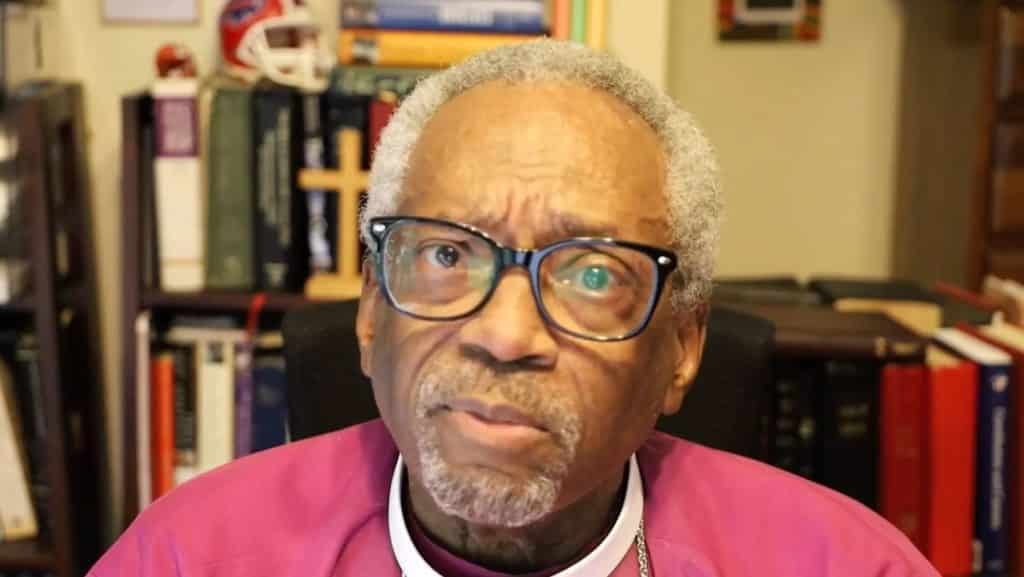
The commission isn’t the only group examining Title IV. The Young Adult Caucus of General Convention released a declaración saying bishops should more readily implement temporary restrictions on accused clergy during an investigation, especially where there are safety concerns. Because the Episcopal Church is relatively close-knit, they added, clergy are often investigating their peers.
“I think that’s one of the reasons that as a caucus, we’re really advocating for either centralized intake officers or even third-party intake officers,” Eva Warren, chair of the Young Adult Caucus, told media.
This summer, the denomination tapped the Rev. Barbara Kempf, a priest and attorney, as the Title IV intake officer for bishops who have been accused, replacing Bishop Todd Ousley.
The problem, the young Episcopalians say, is that church leaders have varied ideas about how to enact reconciliation and accountability. “We have observed, too often, that an emphasis is placed on protecting the reputation of the Church and providing grace to the Respondent rather than providing support and justice to Complainant,” the Young Adult Caucus statement says.
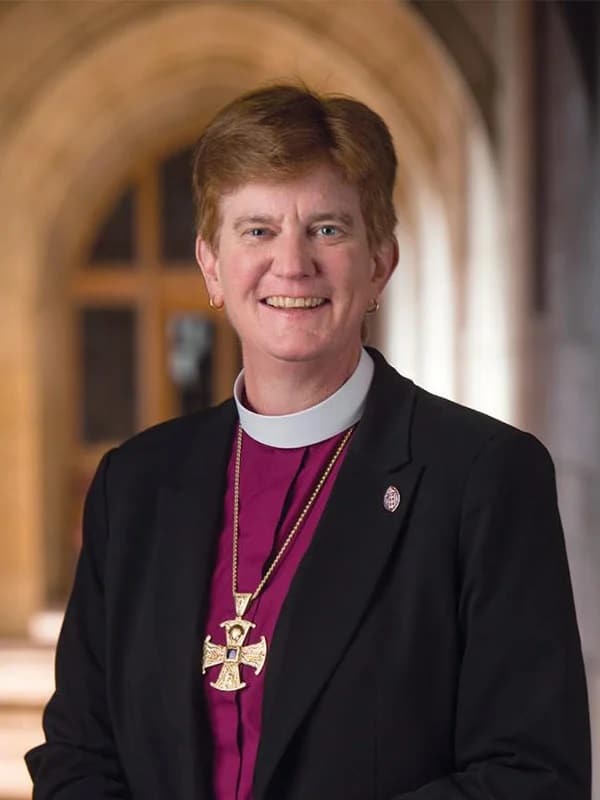
Bishop Gretchen Rehberg of the Diocese of Spokane, Washington, who helped organize the letter expressing concern about bishops’ accountability, said the church is called to model restorative, rather than retributive, justice, but she makes clear that, far from letting people off easy, restoration is extremely challenging.
Accountability, she added, should not be applied only to the clergy.
“What do we actually mean by accountably?” Rehberg asked. “Do we actually mean that our congregations make sure that our clergy take their time off, so they get rest? Do we actually mean that our congregations don’t just walk into the rectories or parsonages, thinking it belongs to them? Does it actually mean that we pay our clergy a wage so that they can have a real life, so you don’t have to work two or three jobs?”
As the Standing Commission continues to hash out what form of justice Title IV ought to promote, Tchividjian hopes the Episcopal Church will focus on making the process trauma-informed. Only then, he said, will it be truly effective.
“I don’t think they’re going to be able to do that unless they listen to the advice and voices of abuse survivors who’ve had to go through that process, and have found themselves oftentimes retraumatized because of that process,” he said.
 Kathryn Post is a reporter for Religion News Service based in Pittsburgh, Pennsylvania.
Kathryn Post is a reporter for Religion News Service based in Pittsburgh, Pennsylvania.




